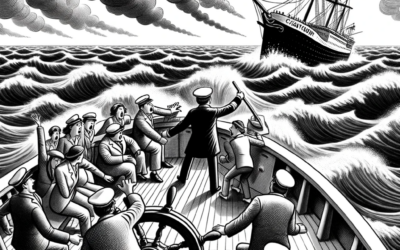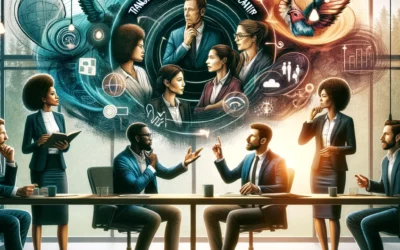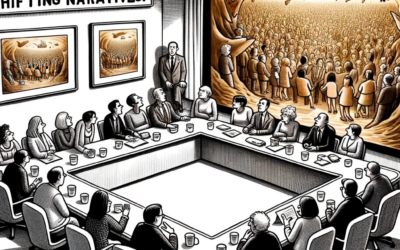 Gary Carter, COO of the company that produces “American Idol,” says that producers who break the rules do so at their own peril. He recalled the time Simon Cowell brought back past contestants that lost for another chance in the last round of the contest–alienating lots of contestants and audience members in the process.
Gary Carter, COO of the company that produces “American Idol,” says that producers who break the rules do so at their own peril. He recalled the time Simon Cowell brought back past contestants that lost for another chance in the last round of the contest–alienating lots of contestants and audience members in the process.
According to Gary, rules give reality shows their structure and authenticity. Authenticity is important to audiences, especially in later seasons. In the first and second season of reality TV shows, male audience members vote more than women. As men lose interest, women become the main audience, and as a whole they vote differently than men. They tend to vote based upon how authentic they feel the contestants are, rather than who most deserves to win. When the rules are changed, not only does the show’s authenticity come into question, but the contestants tend to be less authentic, too. They play more to be noticed, probably since the game feels rigged or unfair. In any event, women viewers tend to lose interest
Changing the rules can have far-reaching consequences. When you choose to enforce the rules can, too.
When US Supreme Court Justice Stephen Breyer describes the most critical decisions of the Supreme Court, he points to the cases where the government enforced the decisions–like when President Eisenhower had the 101st Airborne flown in to enforce the desegregation of schools. Or Bush vs. Gore, when Americans respected the decision-making process, even if they didn’t agree with the decision following the 2000 presidential election.
Not every Supreme Court decision has been enforced by the government, according to Justice Breyer. When Thomas Jefferson refused to enforce a Supreme Court decision, for instance, the American people felt a great deal of distrust in government.
How are you at creating a set of rules for your organization and then staying true to those rules? What has happened when you either did not enforce those rules or changed them?
Gary Carter Bio: Gary Carter is chief operating officer of FremantleMedia, one of the largest international creators and producers of entertainment brands in the world, including “American Idol.” Fremantle has leading prime-time drama, entertainment, and factual entertainment programming in over 40 countries worldwide.
Stephen Breyer Bio: Stephen Breyer has been US Supreme Court associate justice since 1994, after being nominated by President Bill Clinton. Known for his pragmatic approach to the Constitution, Breyer was previously a member of the US Judicial Conference and of the US Sentencing Commission.



